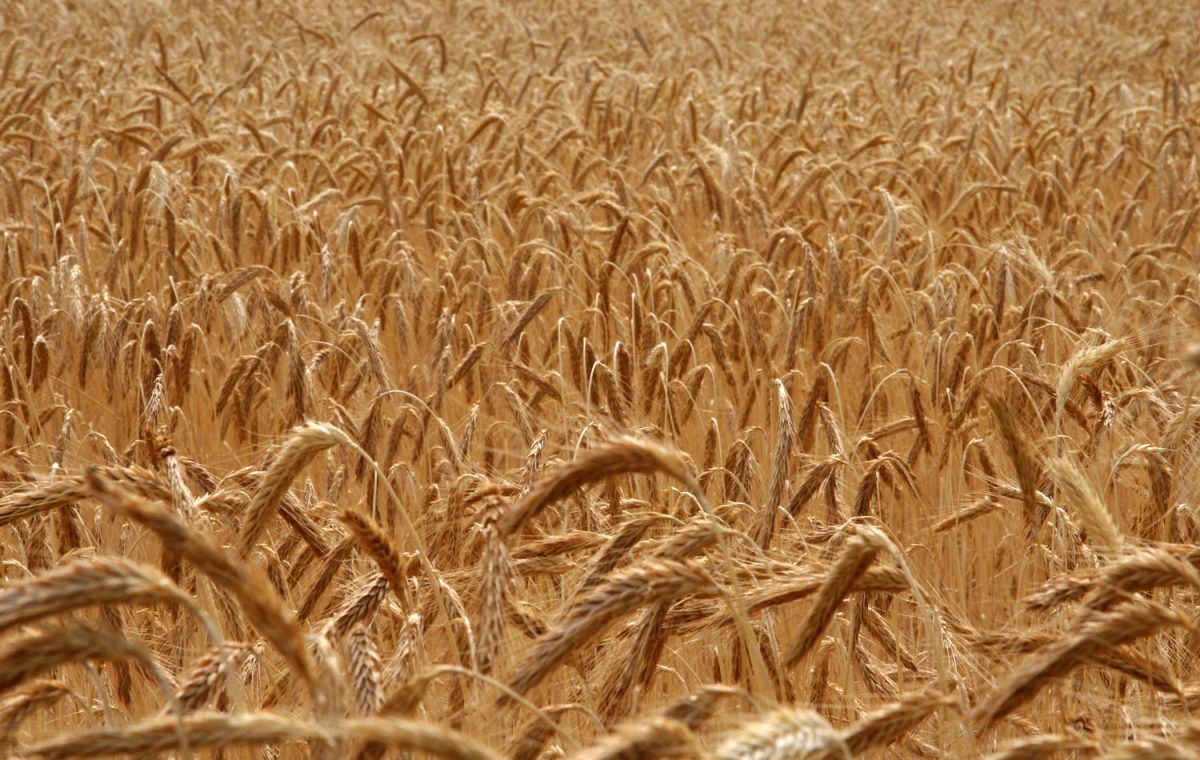New wheat varieties, which can be sown deeper to protect them from heat and drought stress, may increase wheat yield by 18 – 20%, according to Australian researchers.
The team used modelling and field data to assess the ability of new wheat varieties under the climate conditions of the past 120 years.
Their study has been published in Nature Climate Change.
The abstract says:
Wheat yields are threatened by global warming and unreliable rainfall, which increase heat and drought stress. A potential adaptation strategy is to sow earlier and deeper, taking advantage of stored soil water.
However, the short coleoptiles of modern semi-dwarf wheat varieties reduce emergence when sown deep. Novel genotypes with alternative dwarfing genes have longer coleoptiles to facilitate deep sowing, but the yield benefit has been uncertain.
We validated new crop simulation routines with field data to assess the impact of novel genotypes on Australian wheat production. We predict that these genotypes, coupled with deep sowing, can increase national wheat yields by 18–20% under historical climate (1901–2020), without increased yield variability, with benefits also projected under future warming.
These benefits are likely to extend to other dryland wheat production regions globally. Our results highlight the impact of synergy between new genetics and management systems to adapt food production to future climates.
Their study was supported by the CSIRO’s Strategic Investment Project (SIP) ‘SIP268.
Link to research (DOI):10.1038/s41558-022-01305-9
Source: Scimex












